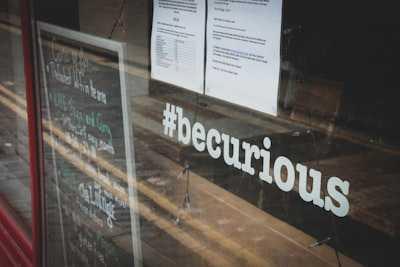We fail to correctly predict reactions
Research points out that people avoid asking sensitive questions out of fear that they would offend the other party. But when they finally did ask sensitive questions, most people were far less offended than expected.
Moreover, asking personal questions also triggered meaningful conversations that fostered stronger relationships.
133
832 reads
CURATED FROM
IDEAS CURATED BY
The idea is part of this collection:
Learn more about communication with this collection
How to practice self-compassion
How to identify and challenge negative self-talk
How to build self-confidence
Related collections
Similar ideas to We fail to correctly predict reactions
Don't Be Afraid to Ask Questions
Diversity and inclusion can be sensitive topics, and that inspires many people to avoid them altogether. They don’t want to ask the wrong questions or say something that could be perceived as insensitive.
Caution and awareness are admirable, but it also means you could be missing out...
5 Keys to asking better questions
Asking a lot of questions (lots but not too many) unlocks learning and improves interpersonal bonding.
- TYPE 👉 People interacting with a partner who asks lots of follow-up questions (solicit more information) tend to ...
Read & Learn
20x Faster
without
deepstash
with
deepstash
with
deepstash
Personalized microlearning
—
100+ Learning Journeys
—
Access to 200,000+ ideas
—
Access to the mobile app
—
Unlimited idea saving
—
—
Unlimited history
—
—
Unlimited listening to ideas
—
—
Downloading & offline access
—
—
Supercharge your mind with one idea per day
Enter your email and spend 1 minute every day to learn something new.
I agree to receive email updates
